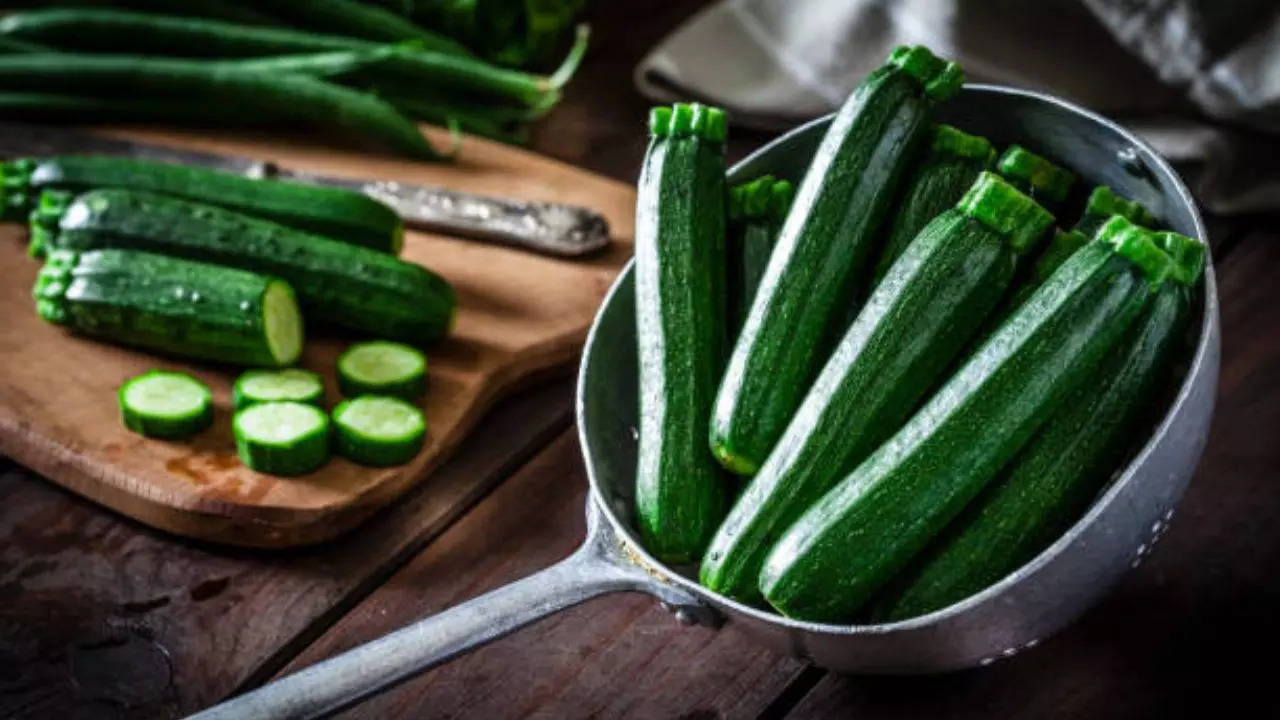While it may seem harmless, zucchini—a powerhouse of fibre and potassium and star of many side dishes and baked goods—can be extremely dangerous to eat as well. In a few rare cases, this winter vegetable is also toxic. In a recent study published in the Polish Archives of Internal Medicine, a case of zucchini poisoning was highlighted such as a case where a 54-year-old relatively healthy woman ended up in the emergency department of a hospital with severe abdominal pain after eating zucchini bread.
She also had severe vomiting and bloody, watery diarrhoea and was diagnosed with liver damage. After investigations, the doctors said she had cucurbitacin poisoning, caused by toxic compounds that can form in zucchini. According to experts, cucurbitacin poisoning occurs when compounds in the vegetable disrupt cellular processes, causing tissue irritation, specifically in the gastrointestinal tract.
What is zucchini poisoning? Experts warn that a bitter taste is a hallmark of high cucurbitacin concentrations and is often the only immediate indicator. Zucchini belongs to the cucurbitacin's organic compounds, which cause bitter taste as a protective defence mechanism of the plants. Other plants like cucumbers, squash, and melons also have the same effect.
According to doctors, even though these compounds are pharmacologically effective against inflammation, cancer, atherosclerosis, and diabetes, they can be toxic when ingested through food. Signs and symptoms of zucchini poisoning.


















